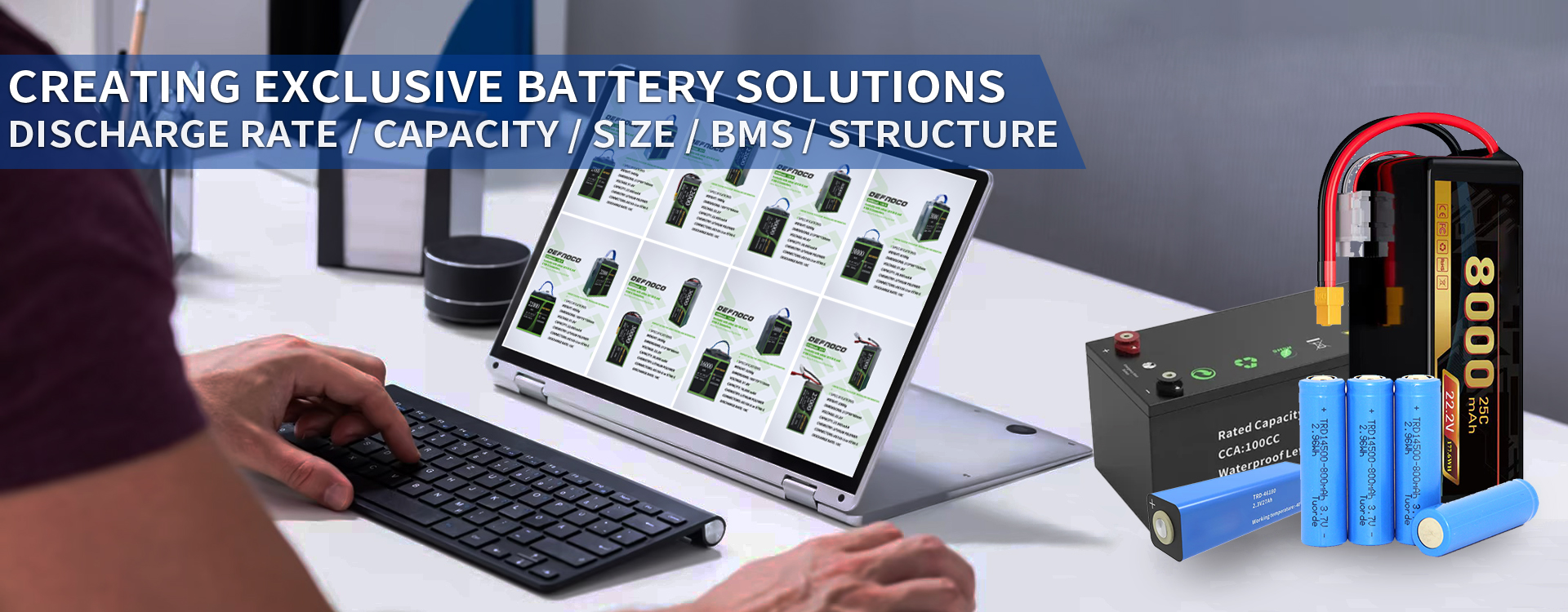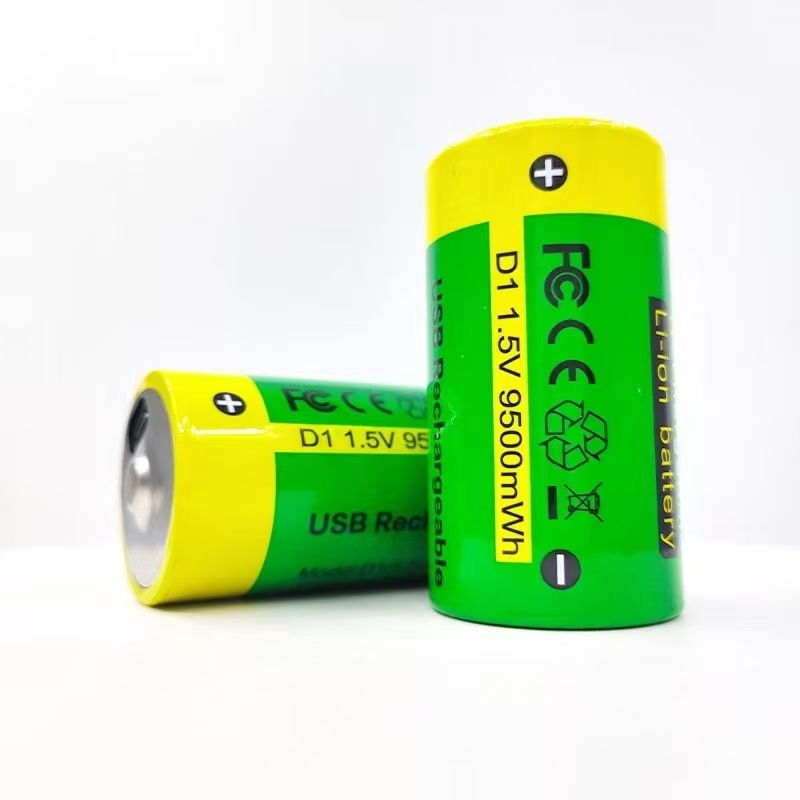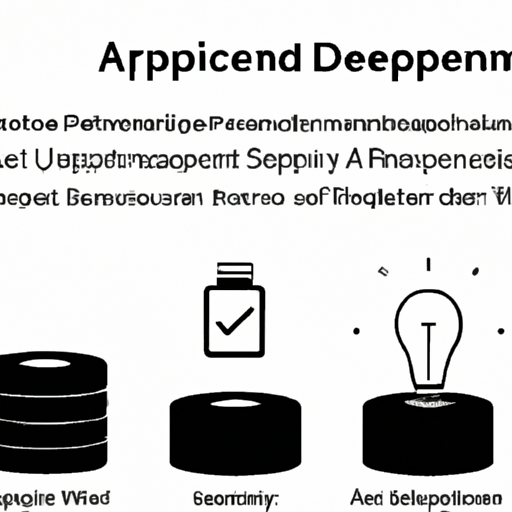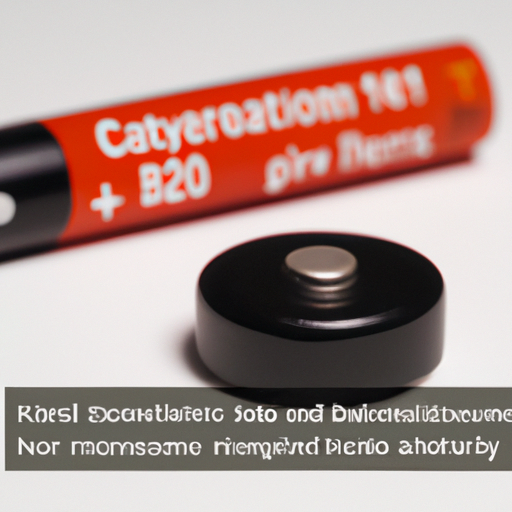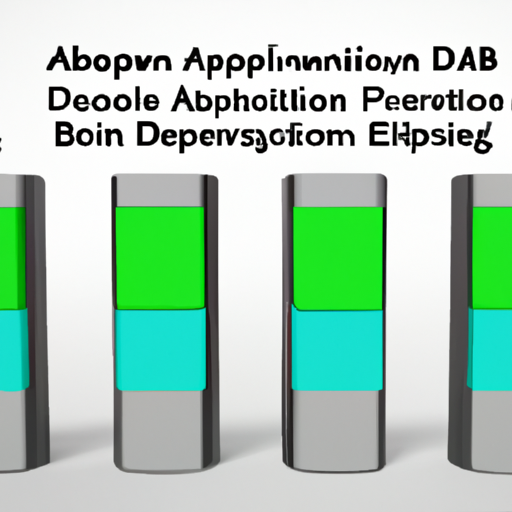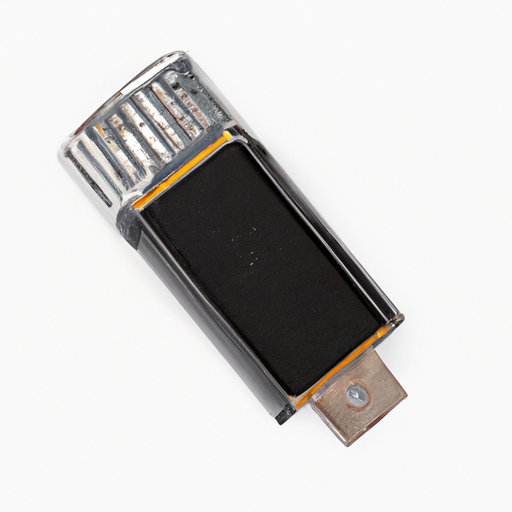Product
We focus on the lithium battery industry and solar home energy storage systems. Our R&D and marketing teams continue to innovate and are widely used in home and personal energy management to support green and energy-saving life.
Information
Drone battery industry information, trends, policy information at a glance, control the world, at a glance.
Elite team
Industry professional elite team, to provide you with the ultimate service.

